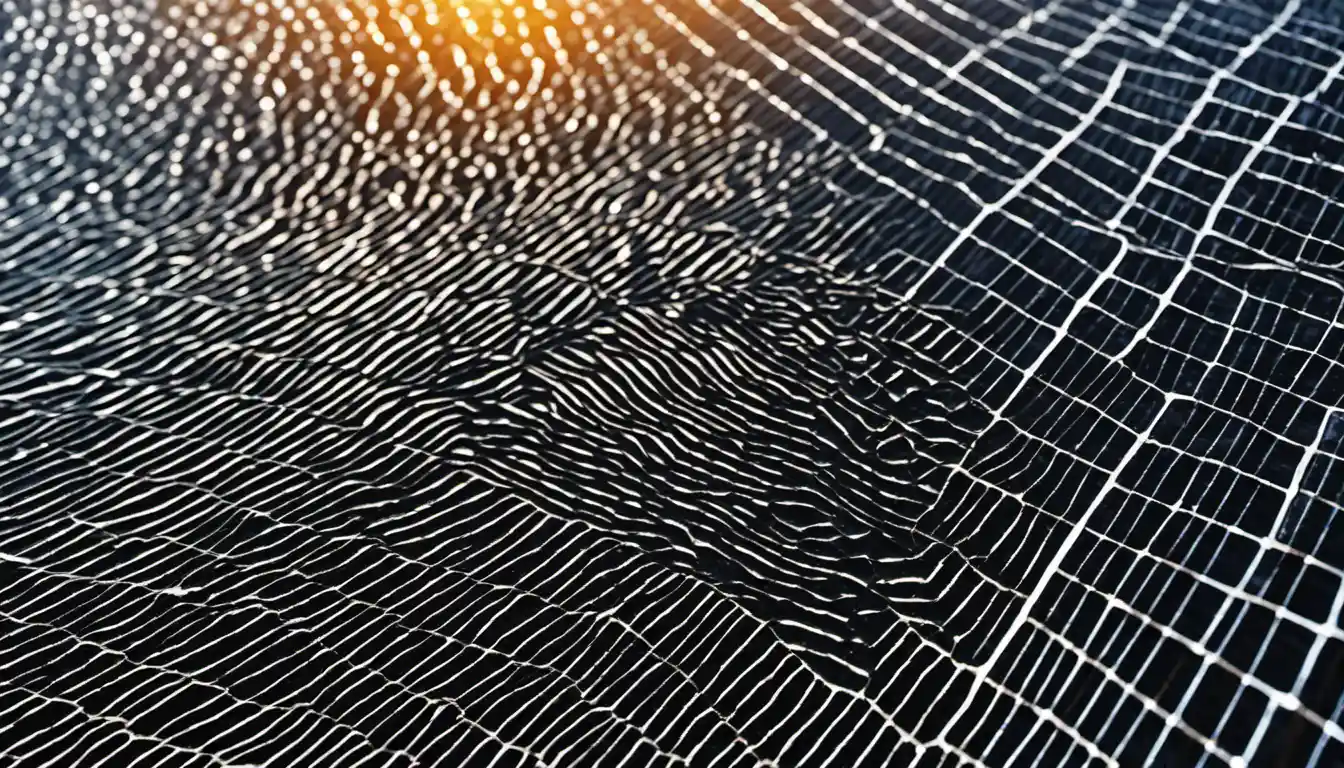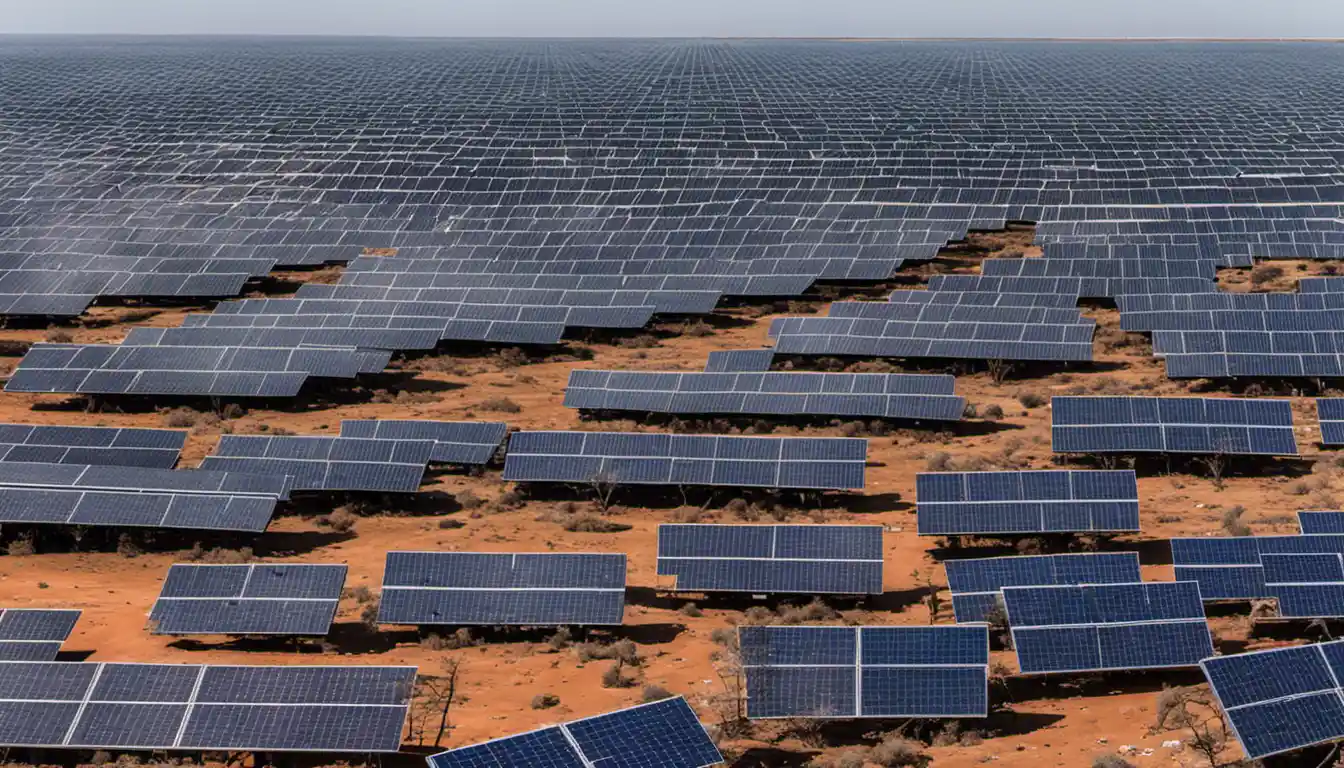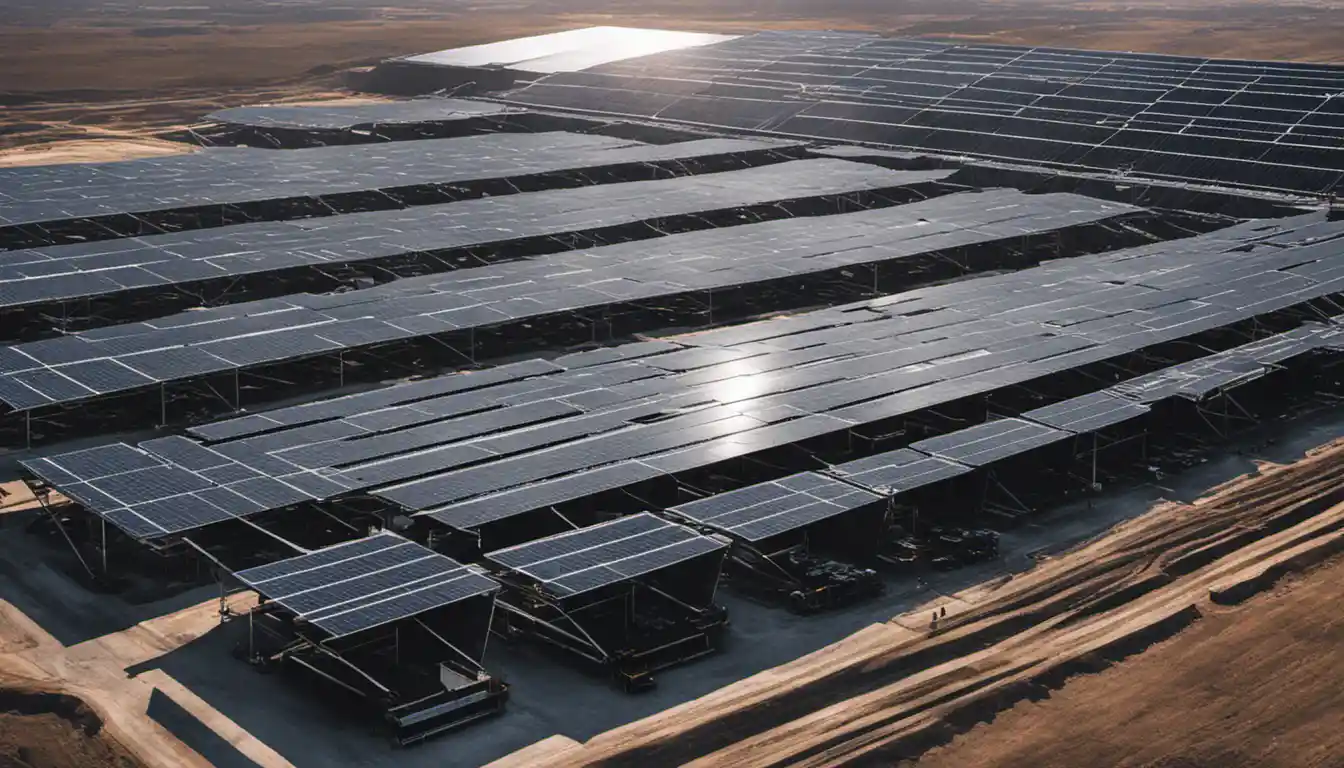Introduction to Solar Panel Hazards
Solar panels themselves are not categorized as hazardous waste. However, they can potentially become an environmental concern at the end of their lifecycle if not disposed of properly, due to the presence of metals like lead and cadmium in them. These materials can be harmful if released into the environment.
The Eco-friendly Claim of Solar Panels
When we think of solar panels, their environmentally-friendly characteristics are the first thing that comes to mind. They produce renewable energy, decrease our reliance on fossil fuels and curb greenhouse gas emissions – all while harnessing energy directly from the sun. However, the question that often lurks in the shadows is if the “green” label truly applies when we consider the full lifecycle of a solar panel? It’s a key question I’ve been challenged with during my 20 years experience in the field.
Types of Solar Panels and Their Composition
Let’s take a closer look at the construction of solar panels to understand their potential environmental implications.
Silicon Solar (Mono- and Poly-crystalline)
Most solar panels are made of silicon, either monocrystalline or polycrystalline. Silicon, a relatively safe material, constitutes approximately 95% of the solar panel market.
Thin-Film Solar
About 5% of solar panels use a thin-film technology that involves hazardous metals like cadmium telluride or copper indium gallium selenide. Despite their minor market share, these types can have sizable impact if improperly disposed of.
Examination of Toxicity in Solar Panels
The Heavy Metals Found in Solar Panels

While silicon by itself isn’t harmful, the presence of heavy metals like lead and cadmium in small quantities in solar panels raises environmental and health concerns at end-of-life.
Understanding What Heavy Metals Are
Heavy metals are natural components of the Earth’s crust. In excessive amounts, they can lead to toxicity. Cadmium and lead, which can be found in some solar panels, are among the most dangerous heavy metals due to their high degree of toxicity.
Other Toxic Materials Found in Solar Panels
Apart from heavy metals, solar panels also contain small amounts of other potentially hazardous materials such as tin and antimony.
Critical Role of Hazardous Waste Regulations
Overview of Hazardous Waste Regulations
Hazardous waste is regulated by stringent laws designed to prevent harm to humans and the environment. Whether or not solar panels fall under these regulations depends on the nature of the materials used.
Does the EPA Consider End-of-Life Solar Panels Hazardous and Toxic Waste?
According to the U.S. Environmental Protection Agency (EPA), waste is categorized as hazardous if it exhibits certain characteristics or contains certain substances. This means that ‘are solar panels hazardous waste?’ isn’t a straightforward yes or no answer.
State Solar Panel End-of-Life Policies

Various states have varying policies regarding the end-of-life treatment for solar panels. Some mandate recycling, others do not. It’s an evolving landscape that us industry veterans are keeping a close eye on.
Managing and Transportation of Solar Panel Waste
Requirement of Manifest for Solar Panels in Transit
Under existing regulations, solar panels destined for disposal must be accompanied by a manifest that details their hazardous waste characteristics. This documentation helps track the journey of this waste and ensures it is handled appropriately.
Are Solar Panels Managed as Universal Waste?
At present, solar panels are not classified as universal waste. However, regulations may change as the number of end-of-life panels increases over the coming years.
Handling Waste Solar Panels from Offshore Territories of the United States
Waste generated in offshore territories of the United States is subject to additional regulations, with specific attention to preventing harmful materials from entering delicate ocean ecosystems.
Understanding Universal Disposal Methods
One solution for the ‘are solar panels hazardous waste’ conundrum, is adopting universal disposal methods.
Can Solar Panels be Recycled Using Transfer-Based Exclusion?

Transfer-based exclusion allows generators to send certain types of hazardous waste to off-site recycling facilities. However, specific criteria must be met for this policy to apply. At this time, solar panels still don’t meet these conditions.
How are Solar Panels Recycled?
Solar panels can be recycled, reclaiming up to 95% of their constituent materials. This process includes separating the metals from the silicon and glass for reuse. For more details on this process check out our article on how solar panels are disposed of.
Future Implications and Solutions
The Problem of Scaling with End-of-Life Solar Panels
As more solar panels reach the end of their lifespan, the number of panels that need to be disposed of or recycled will also increase. Hence, the question of ‘are solar panels hazardous waste’ is not just a theoretical issue, but one of growing practical concern.
Potential of Retro-liability
Retro-liability regulations could hold producers responsible for the cost of managing their products at end-of-life. This might incentivize manufacturers to design panels that are easier to recycle.
Exploring Comprehensive Solutions for Solar Panel Waste
An ideal solution would involve creating an efficient and effective recycling infrastructure for solar panels, as well as designing panels for recyclability from the outset.
Conclusion: Are Solar Panels Truly Hazardous Waste?
In conclusion, while some materials in solar panels can be hazardous, the panels themselves are not automatically classified as hazardous waste. Appropriate handling, recycling, and disposal can mitigate potential effects, ensuring that this promising technology remains a sustainable energy solution for generations to come.
So, are solar panels hazardous waste? Not in the conventional sense. But that doesn’t mean we get to ignore the implications their disposal might have. As we continue to champion renewable energy, it’s just as important to green the downstream end of the cycle as well. It’s not just about ‘are solar panels toxic waste’, it’s about ensuring our solutions for the planet don’t become problems of their own.



